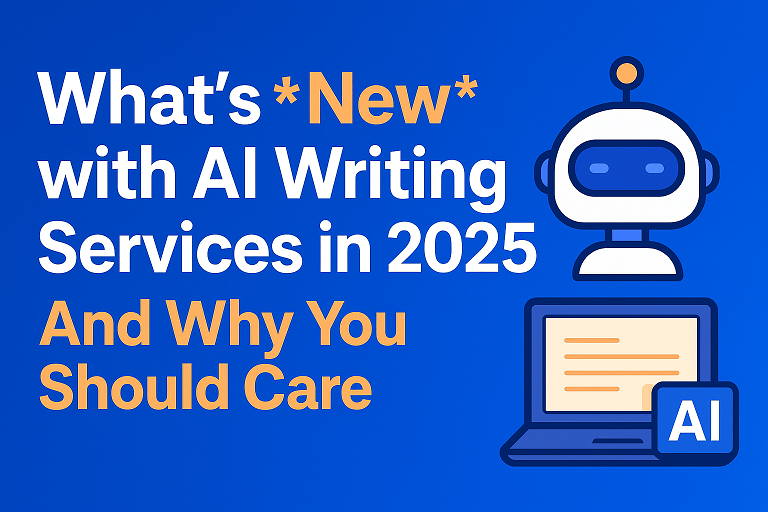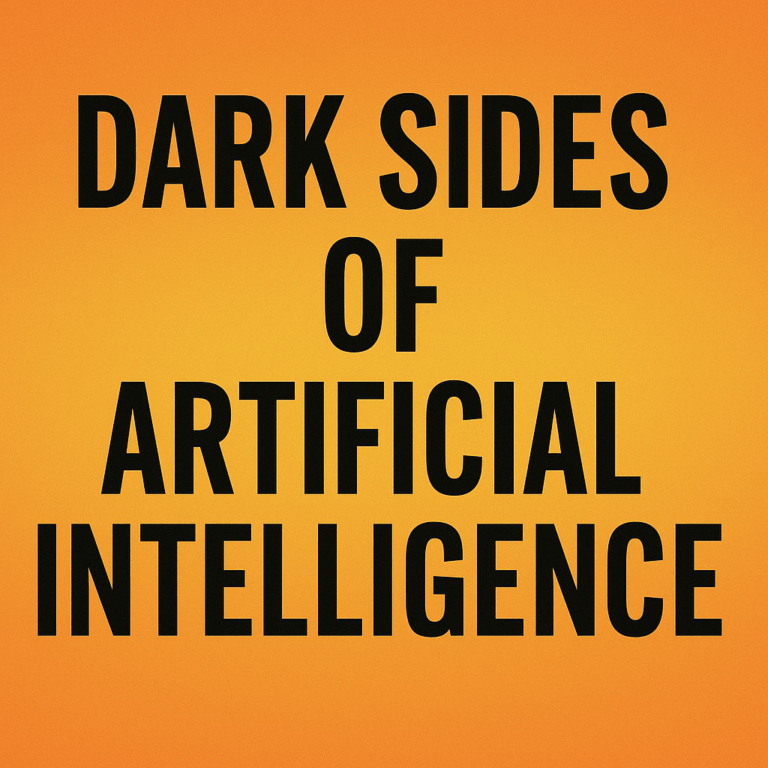Is AI a Threat to Democracy? Key Concerns in 2024
Artificial Intelligence (AI) has transformed various sectors of society, including healthcare, finance, and entertainment. However, its growing influence raises concerns about its impact on democracy. AI can be both a tool for enhancing democratic processes and a potential threat if misused. Let’s explore how AI could undermine democratic systems and what safeguards are needed.
1. Manipulation of Information
AI’s ability to process and disseminate information at lightning speed poses a significant risk of spreading misinformation and disinformation. AI-powered bots, for instance, can flood social media platforms with false news or propaganda. Even more alarming are deepfakes—highly realistic, AI-generated videos or audio that make it appear as though someone said or did something they didn’t. These can be used to manipulate public perception, sway opinions, or even influence election outcomes.
By distorting the truth, AI-driven disinformation campaigns can polarize societies, create confusion, and weaken trust in democratic institutions. The infamous 2016 U.S. elections saw this in action, with AI-powered algorithms contributing to the spread of divisive content. If left unchecked, such tactics can disrupt the foundation of informed citizen participation in democracies.
2. AI Surveillance and Erosion of Privacy
AI’s role in surveillance technology is another critical concern. Governments, particularly authoritarian regimes, use AI for mass surveillance, tracking citizens’ movements and activities. Facial recognition software and data-mining algorithms can analyze vast amounts of data to monitor dissent and suppress political opposition. This kind of pervasive surveillance can stifle free speech and discourage political participation, essential pillars of any functioning democracy.
Even in democratic countries, the use of AI surveillance raises questions about civil liberties and privacy. Without proper oversight, AI-driven surveillance can erode personal freedoms, turning democracies into surveillance states.
3. Algorithmic Bias and Inequality
AI systems are only as good as the data they are trained on, and if that data is biased, the AI will be too. Algorithmic bias can reinforce existing societal inequalities, particularly in critical areas like law enforcement and voter registration. For instance, biased AI algorithms used in predictive policing can disproportionately target minority communities, leading to systemic discrimination.
Similarly, AI systems used in voter registration could disenfranchise specific groups of voters, skewing democratic representation. This undermines the democratic principle of equality, where all citizens should have equal access to political participation.
4. Autocratic Use of AI
Authoritarian governments are increasingly using AI to consolidate power. From automated censorship to AI-controlled propaganda, these tools allow autocrats to manipulate public opinion and silence opposition more effectively. AI-powered surveillance can also be weaponized to monitor political dissidents and activists, creating a climate of fear that suppresses dissent.
This use of AI to maintain authoritarian control can erode democratic norms globally, as countries may adopt similar practices under the guise of maintaining national security or stability.
5. Threats to Free and Fair Elections
AI presents unique risks to the fairness of elections. Data-driven microtargeting, often used by political campaigns, allows for the delivery of highly personalized messages to specific voter groups. While this can be used ethically, it can also be exploited to manipulate voter behavior by sending misleading or emotionally charged content tailored to sway individual opinions.
Moreover, AI’s ability to analyze and predict voter behavior can lead to unethical tactics such as voter suppression or gerrymandering. These practices could severely undermine the fairness of democratic elections, threatening the core of democratic governance.
Conclusion
While AI offers incredible potential to improve democratic processes through better governance and civic engagement, it also poses significant risks if not properly regulated. The manipulation of information, surveillance, algorithmic bias, and threats to free elections are all areas where AI could undermine democracy.
To ensure that AI enhances rather than erodes democratic systems, strong regulatory frameworks, transparency, and ethical guidelines must be implemented. By addressing these concerns head-on, we can harness the power of AI while safeguarding the democratic values that are essential for a just and free society.
—
**Sources:**
– Harvard Kennedy School, “AI and Democracy”
– The globe and mail, “If AI is threatening democracy, protect democracy first”
– Maxim Institute, “How AI is changing democracy”




